

This guide provides everything you need to know about buying timber screws, covering different types, sizes, materials, and applications to help you make the right choice for your project.
Timber screws are specialized screws designed for use in wood. Unlike standard wood screws, they often feature a sharper point and aggressive thread profile for easier penetration and superior holding power, even in hardwoods. Choosing the correct timber screws is crucial for a successful project, ensuring strength and longevity.
Several types of timber screws cater to various needs:
The size of timber screws is crucial. It's determined by the screw's diameter and length. Larger diameter screws offer greater holding power, while longer screws provide deeper penetration. The material is also important. Most timber screws are made from steel (often galvanized for corrosion resistance) or stainless steel for superior durability and resistance to rust in outdoor applications. Some specialized timber screws may utilize other materials like brass for aesthetic appeal.
The type of wood significantly impacts screw selection. Hardwoods require stronger, often finer-threaded screws to avoid splitting, while softwoods generally accommodate coarser threads. Pre-drilling pilot holes is highly recommended, especially when working with hardwoods or using longer screws. This prevents wood splitting and ensures a cleaner finish.
Timber screws are readily available at various retailers, both online and offline. Local hardware stores, home improvement centers, and online retailers like Amazon offer a wide selection. For bulk orders or specialized timber screws, consider contacting a building supplies wholesaler. If you are looking for high-quality timber screws, you might consider sourcing from reputable suppliers like those listed on the Hebei Muyi Import&Export Trading Co.,Ltd website.
Always use the appropriate screwdriver bit to prevent cam-out and damage to the screw head. Pre-drilling pilot holes is recommended for almost all applications, especially when working with hardwoods or using larger screws. Apply even pressure when driving the screws to prevent damage to the wood.
| Screw Diameter (mm) | Recommended Length (mm) for Softwood | Recommended Length (mm) for Hardwood |
|---|---|---|
| 3.5 | 25-35 | 20-25 |
| 4.5 | 35-50 | 30-40 |
| 6.0 | 50-70 | 40-60 |
Note: This table provides general guidelines. Always consider the specific application and wood type when choosing screw size.

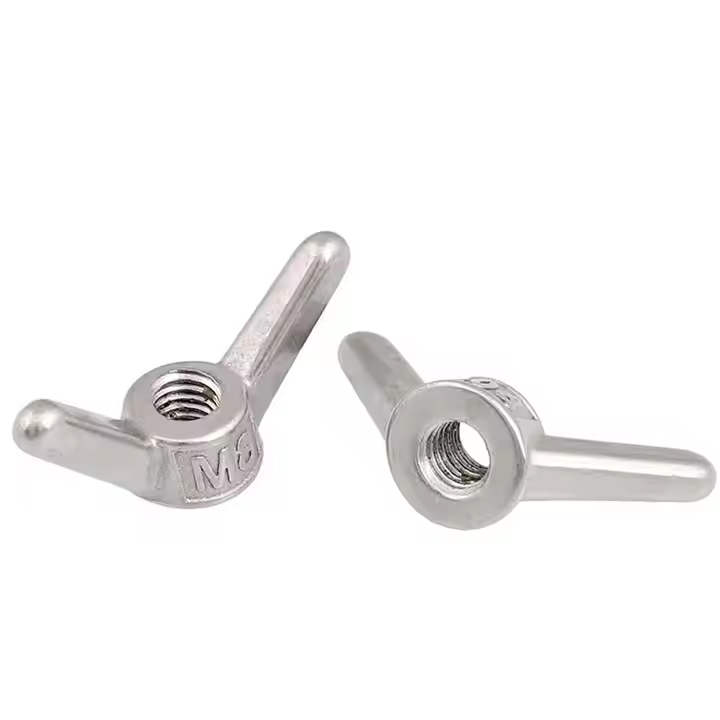

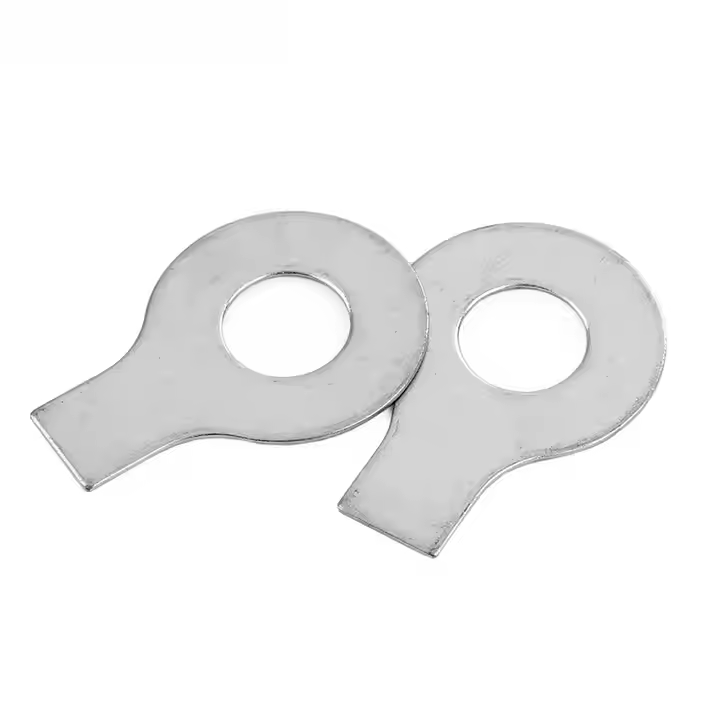

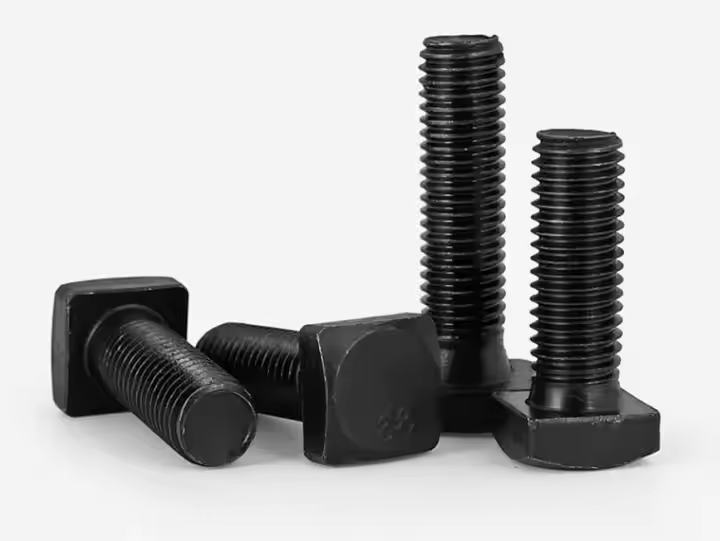


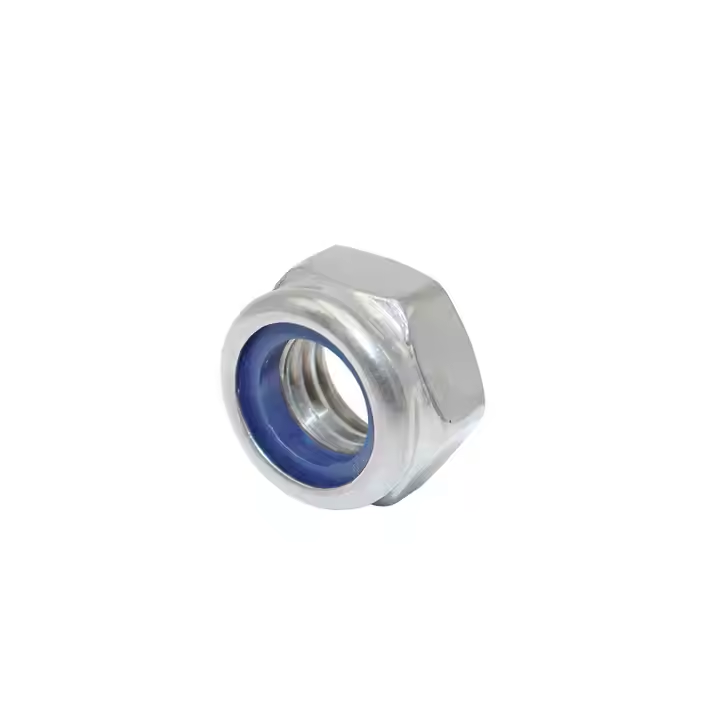


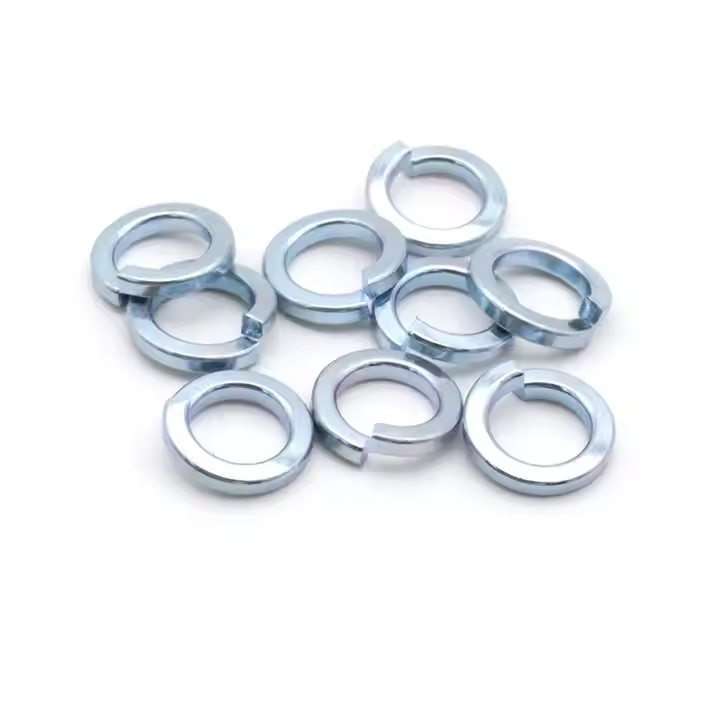

Please enter your email address and we will reply to your email.